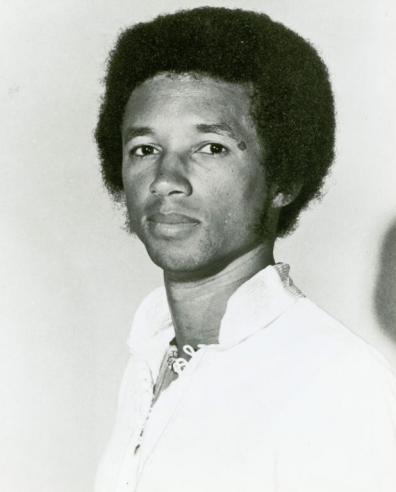Rising Black Consciousness
Part of the reasoning cited in the Brown decision was that discrimination greatly diminished Black pupils' self-esteem. As the civil rights movement gained ground in the 1950s and 1960s, Black pride increased as the stigma of inferiority faded - not only in schools but throughout society. The terms "colored" and "negro" gave way to "Afro-American" and "black." Magazines such as Ebony flourished. Kwanzaa celebrations, which began in 1966, recognized an African value system supporting group identity. The "Afro" and other African-inspired hairstyles and modes of dress became popular. There was broad interest in and wide acceptance of Black music by the mainstream media. By 1977 the miniseries Roots, based on Alex Haley's book about a Black family in America, attracted an audience of 130,000,000 Americans and became the most-watched television special in history.

Dispatch)
Interest in African and African American history grew dramatically. Virginia State University professor Dr. Edgar Toppin and the Association for the Study of African American Life and History were instrumental in desegregating the study of American history by increasing awareness of Black contributions to American society and Black historical figures. By February 1976, Negro History Week, conceived by Virginia-born Carter G. Woodson, had evolved into Black History Month. Black studies courses and academic departments were founded. Games, puzzles, and collectible cards were produced with Black history themes. Virginia's Department of Historic Resources increased the number of roadside historical markers noting Black achievements and rewrote the text of old signs which had included racial stereotypes. Efforts to save historic structures in Black communities were renewed by residents, often with newfound support from government agencies and white-led private organizations.
Black people also came to question the prevailing notion of the goals of the civil rights movement in this period. For some, Black separatism and self-sufficiency came to be seen as being favorable to integration with whites. The resulting "Black Power" movement, which often irritated older veterans of the civil rights establishment, sought to empower Black citizens so that they would not need white cooperation to achieve a just society.
